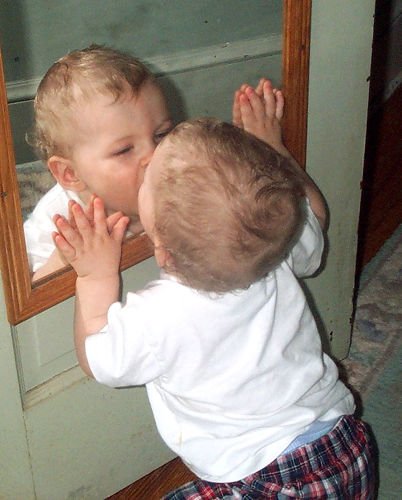You’ve heard about making your protagonists relatable. And you’ve heard about making them likable. Are they the same thing? If not, which is more important?
The difference between likeability and relatability
You relate to a character who is similar to you in some way. This doesn’t mean you have to have the same occupation, background, or religion (though that can help) – it means you share some of the same struggles, weaknesses, or desires. A “deep down, we all just want to be loved,” kind of a thing.
You like a character you can admire. Maybe they have qualities you wish you had or that you aspire to. Or maybe they’re just fun to be around. They could be funny or quirky or extremely loyal.
It’s like the difference between empathy and sympathy – in one, you can actually feel the other person’s pain as if it were your own. In the other, you can only imagine the other person’s pain, but you still root for them.
Relatability can create stronger emotions for the reader. Rather than simply watching your hero go through things, the reader is going through things with the hero.
Likability can create more pleasant emotions for the reader. A hero who is fun to be around, or who earns the reader’s love, can become like a best friend or brother – someone the reader doesn’t want to leave.
Which should you aim for?
They aren’t mutually exclusive: relating to a character can lead to liking him, and vice versa. They aren’t mutually dependent, either: you can like a character who’s very different from you, or you can hate a character who represents all the worst parts of yourself.
Whether you aim for likeability or relatability or both depends on the tone of the story and the traits you already know the character has.
But generally, you should try for a little of both.
How to write likable characters
I talked about this awhile back – right here. There are some relatability tips in there, too.
How to write relatable characters
Again, relatability is more about feelings (pain points and dreams) than about facts (age, sex, religion). The best path to relatability is not to avoid extremes so as not to alienate anyone (you’ll just end up with a nondescript Lego brick), but to tell the truth. Give your hero your own deepest, most powerful feelings, good and bad. Describe in detail how they affect you/him physically, and the thoughts they scream through your head. Nine times out of ten, the response will be “You, too? I thought I was the only one.”
—
Who’s your favorite likable character? What character do you most relate to? Why?
—
* Thanks to David for suggesting this topic.





![When the pages are closing in on you. [image by Thanakrit Du]](http://bekindrewrite.files.wordpress.com/2013/01/pagesclosingin.jpg?w=300)